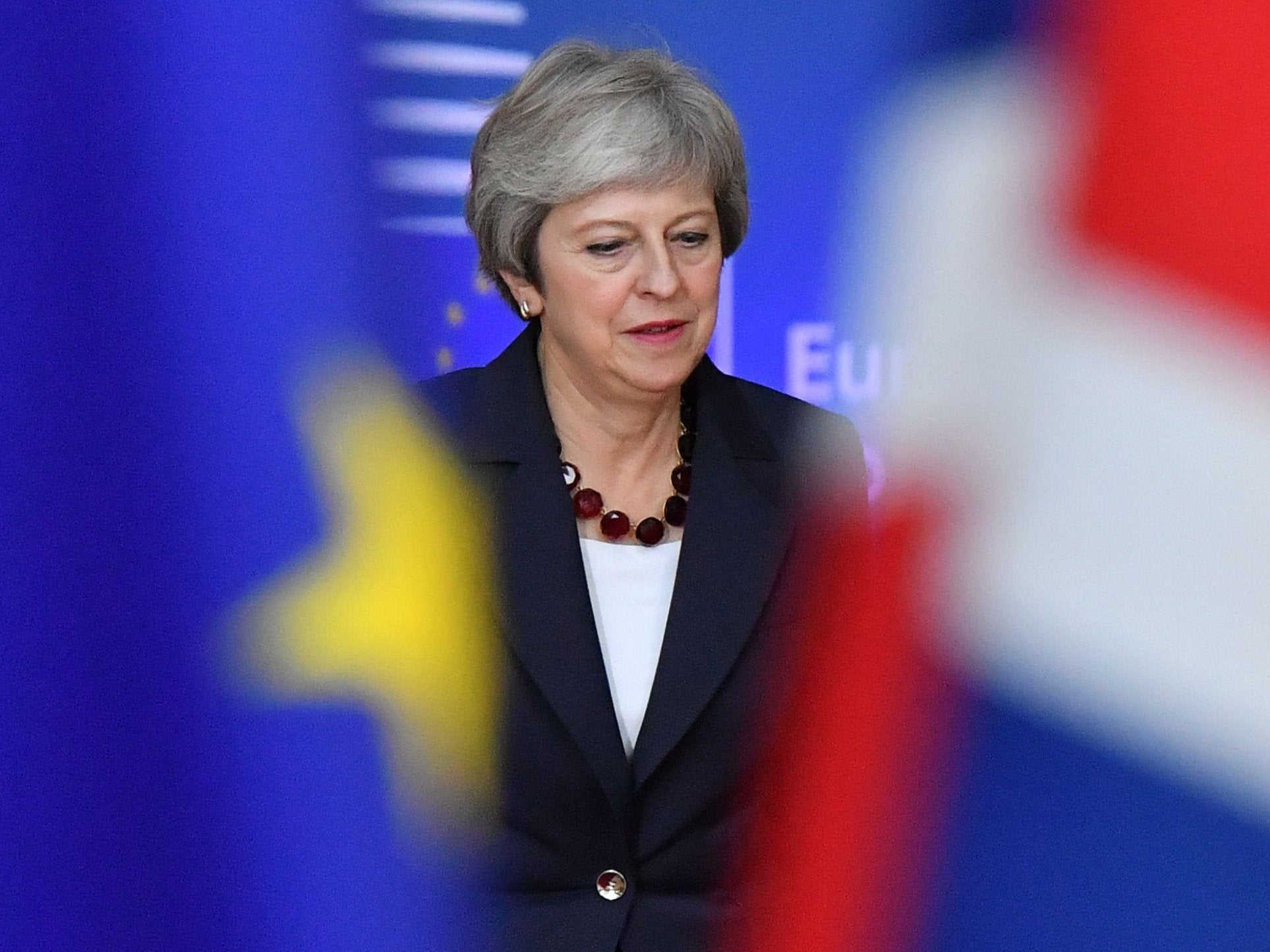What is the Brexit divorce bill? Everything you need to know
The bill is not a penalty for the UK's decision to leave


Britain is seeking a divorce from the EU, and it has been a long and arduous process for both sides so far. One has even called the other “nebulous” in a late-night tirade when emotions were running high, leading to a highly-public confrontation and ultimately leaving everyone embarrassed.
But one thing agreed early on in the talks was the principle of a bill for the divorce – or as it is officially named, the “financial settlement”. This is the sum of money Britain will owe the EU when it legally breaks ties with its partner of more than 40 years in March 2019.
It forms part of the wider withdrawal agreement, which Theresa May will ask MPs to approve next month in a crucial vote in the Commons. If it passes (and that is a very big “if”), the UK will then have to start paying the divorce bill after exit.
The money – currently standing at around £39bn – will consist of outstanding liabilities the UK has to the bloc. It will be paid between April next year and 2064, and the costs will include pensions to EU civil servants.
But a significant amount of comes from the EU Budget which is set out by member states. The current one started in 2014 and runs all the way through to December 2020, meaning the UK has already made financial commitments for this period. So, despite some claims, the bill is not a penalty for the UK’s decision to leave the bloc.
Some Brexiteers, including the former foreign secretary Boris Johnson, have suggested the UK should withhold half of the £39bn bill until a future trade deal is done and dusted.
Others go so far as to demand the UK just walk away without paying anything. This, however, would hardly be an ideal route for a country pursuing a global Britain agenda after Brexit. It’s not exactly all that encouraging for another country to enter into trade negotiations with a country that has reneged on its previous commitments.
Earlier this year, however, the prime minister and her former Brexit secretary, Dominic Raab, told MPs that in the event of a no-deal scenario, the UK would not have to pay all of the £39bn.
Got an unanswered question about Brexit? Send it to editor@independent.co.uk and we’ll do our best to supply an answer in our Brexit Explained series.
Subscribe to Independent Premium to bookmark this article
Want to bookmark your favourite articles and stories to read or reference later? Start your Independent Premium subscription today.
Join our commenting forum
Join thought-provoking conversations, follow other Independent readers and see their replies
Comments